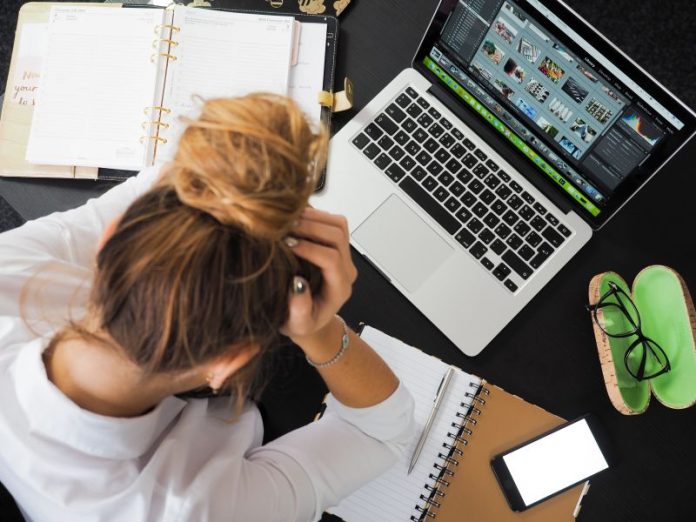
When it comes to our mental health, most of us know when something just isn’t right. We may feel stressed more often than not or anxious about things that wouldn’t usually bother us. If this sounds like you, don’t worry – you’re not alone. According to the National Institute of Mental Health, anxiety disorders are the most common mental illness in the United States, affecting millions of adults in the US age 18 and older. That’s a lot of people! In this blog post, we will discuss five healthy ways to take control of your mental health by reducing stress and anxiety.
Understand your stressors
Identify the things that trigger your stress and anxiety. This can be different for everyone, so it’s important to take some time yourself to figure out what stresses you explicitly out. Once you know what your triggers are, you can start to avoid them or find ways to deal with them head-on. We all have busy lives, and it can be hard to find time to just relax. But it’s important to make time for yourself, even if it’s just a few minutes a day. Whether you enjoy reading, taking a bath, or taking a walk outside, carving out some time each day to do something that you enjoy can help reduce stress and anxiety levels.
Exercise and rest enough
Exercise is a great way to reduce stress and anxiety. Not only does it release endorphins, which have mood-boosting effects, but it also helps to clear your mind and give you some time to yourself. If you’re not used to exercising, start small with just 10 minutes a day. You can gradually increase the time you exercise as you get more comfortable with it. This is crucial for managing stress and anxiety. Most adults need at least 7-8 hours of sleep each night. If you’re not getting enough rest, your body and mind will be more susceptible to stress. Make sure to give yourself enough time to wind down before bed so you can get a good night’s sleep.
Eat a healthy diet and limit alcohol and caffeine intake
What we eat affects our mood and energy levels. Eating a balanced diet with plenty of fruits, vegetables, and whole grains can help boost your mood and keep your energy levels up. Avoid sugary and processed foods as much as possible, as these can cause spikes and crashes in blood sugar levels that can make anxiety worse. While a glass of wine or cup of coffee may seem like it will help relax you, too much alcohol or caffeine can actually make anxiety worse. If you do drink alcohol or caffeinated beverages, do so in moderation.
Get rid of any addictions and practice relaxation techniques
If you smoke cigarettes, drink too much caffeine, obsess over social media or use any other type of substance to cope with stress, it’s important to find healthy ways to deal with anxiety instead. These substances may provide temporary relief but can also worsen anxiety in the long run. If you’re struggling to give up a substance, try researching Social media addiction causes to start finding answers to your questions.
Many different relaxation techniques can help reduce stress and anxiety, such as breathing exercises, progressive muscle relaxation, and meditation. Find one that works best for you and practice it regularly. Just a few minutes of deep breathing or 10 minutes of meditation each day can make a big difference in your stress and anxiety levels.
Seek professional help and be patient
If you’re struggling to manage your stress and anxiety on your own, don’t be afraid to seek professional help. A therapist can help you understand and manage your anxiety healthily. If you’re not sure where to start, ask your doctor for a referral to a mental health professional.
Making lifestyle changes to reduce stress and anxiety can take time. Be patient with yourself and don’t expect results overnight. Remember that everyone’s journey is different and what works for one person may not work for another. Give yourself time to experiment with different coping mechanisms and find what works best for you. Seek support from friends or family if you need it and most importantly, be gentle with yourself.
Reducing stress and anxiety can be challenging but finding healthy ways to cope with them is important. Exercise, relaxation techniques, and professional help can all be beneficial. Remember to be patient with yourself and give yourself time to find what works best for you.
















